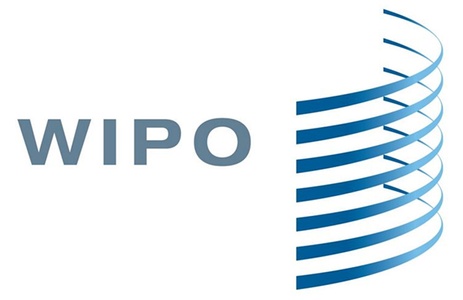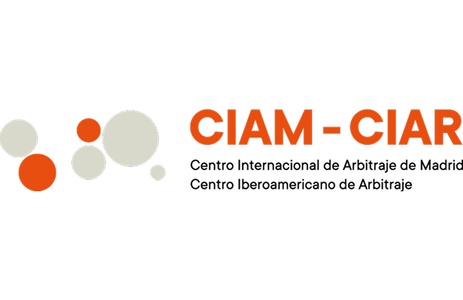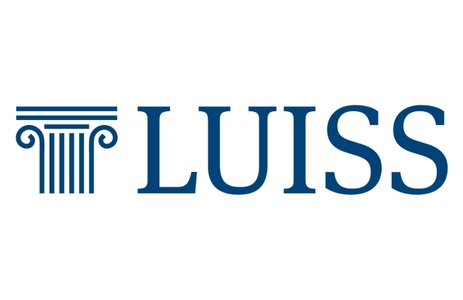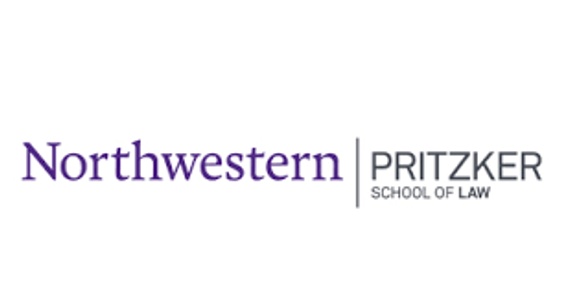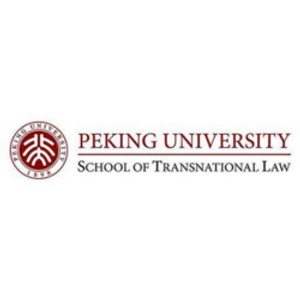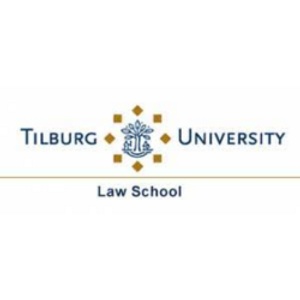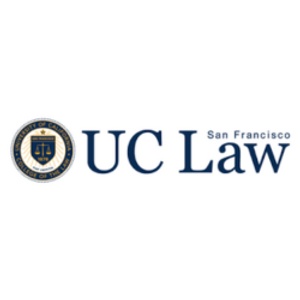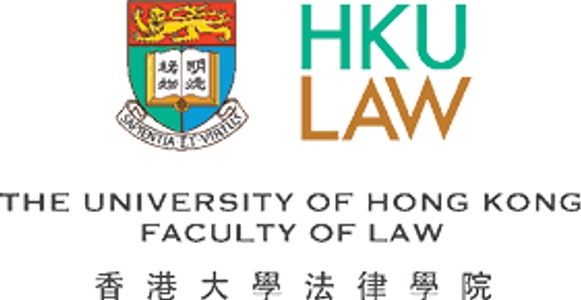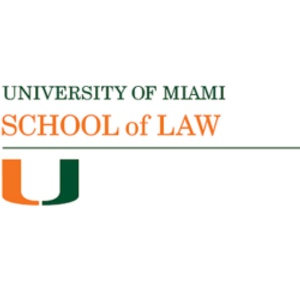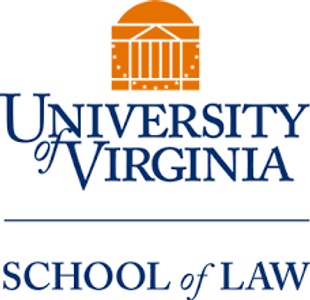
Master of Laws (LL.M.)
Master of Laws (LL.M.)
TRANSFORM YOURSELF INTO THE LAWYER YOU WANT TO BE
TRANSFORM YOURSELF INTO THE LAWYER YOU WANT TO BE
The Master of Laws (LL.M.) study plan has been designed to balance theory with practice and provide a wide-ranging global outlook of key international jurisdictions. Our Comparative Law methodology confers deep insight into different legal systems, while an interdisciplinary approach provides the foundation for a transformative experience that will make you the T-shaped lawyer the future of the industry demands.
The program is structured so you have the unique opportunity to choose a specialization based on your interests since the beginning and throughout the entire learning journey. You can choose any of these specializations: International Business Law, Digital Law and Intellectual Property or International Dispute Resolution. Our program will empower you to embark on a transformational journey that allows you to gain a deeper understanding of the legal landscape.

Want to know more?
Want to know more?
CLICK THROUGH THE MASTER OF LAWS (LL.M) STRUCTURE
CLICK THROUGH THE MASTER OF LAWS (LL.M) STRUCTURE
- Introduction
- LAUNCH WEEK
- 1ST PERIODSEP. – DEC.
- 2ND PERIODJAN. - APR.
- 3RD PERIODAPR. – JUN.
- Add Ons
- Core Esentials 1st Period
- Specializations 1st Period
- Core Essentials 2nd Period
- SPECIALIZATIONS 2nd Period
- ELECTIVES
- FINAL PROJECT
- Introduction
- LAUNCH WEEK
- 1ST PERIODSEP. – DEC.
- 2ND PERIODJAN. - APR.
- 3RD PERIODAPR. – JUN.
- Add Ons
*Please note that our program content is continually updated to remain in sync with market demands. Therefore, we advise you that the content is subject to change and it can be dependent on student demand.

OFFICIAL DEGREE
OFFICIAL DEGREE
Students must fulfill the following requirements to be able to request the issuance of the Official University Degree upon completion of the Master Program. If educational prerequisites are not provided and/or if the requirements are not met on time, the student will not be able to request the official university degree as issued by the Spanish government. In this case, the studies will not be official under Spanish educational regulations.
FINAL PROJECT
FINAL PROJECT
For their Final Project, students of the Master of Laws (LL.M.) at IE University can choose from three distinct options, allowing them to tailor their academic experience to their professional interests and goals:
INDIVIDUAL RESEARCH PROJECT
A deep, academic exploration of a legal topic guided by a faculty advisor.
CAPSTONE CONSULTING PROJECT
A practical, team-based consulting experience with leading organizations in the legal sector, focusing on real-world challenges. You can find some of capstone partners for the Master of Laws (LL.M.): EY, Herbert Smith Freehills, WIPO, IBM, CIAM-CIAR.
MOOT COURT
Simulated legal exercises in which students present oral arguments and written briefs on hypothetical cases before a panel of judges. These competitions offer invaluable experience in legal analysis, public speaking, and courtroom procedures, helping students sharpen their advocacy skills in a realistic and competitive environment.
NOTE: The partners listed here are from previous intakes. Partnering institutions may vary from year to year.
THE MASTER OF LAWS (LL.M.) MENTORING PROGRAM
THE MASTER OF LAWS (LL.M.) MENTORING PROGRAM
The Master of Laws (LL.M.) recognizes the value of experience by including a personalized mentoring program alongside curricular studies. In a series of one-to-one meetings over a ten-month period, experienced law professionals offer their insights, experience and support. Students have an opportunity to build a bond with a senior professional who has walked the path before and understands the challenges they’re facing, as well as the chance to enhance their professional network in this globalized, transforming sector.
Master of Laws (LL.M.) participants will benefit from the following aspects:
– Improvement of professional insertion through the creation of professional contact networks thanks to the help of mentors.
– Increased exchange of experience: senior partners are more willing to exchange experience gained in the law firms with new junior arrivals. Newcomers, in turn, are more likely to listen and learn from them.
– Individualized counseling service and effective support to become a successful professional. Improvement of professional insertion through the creation of professional contact networks thanks to the help of mentors.
Legal Immersion Experience
Legal Immersion Experience
As part of your Masters of Laws (LL.M.) students have the option to participate in a hands-on experience outside the classroom. Based on the specialization students choose, they can visit institutions and firms either in Paris, London or Geneva. This is an amazing opportunity for students not only to meet top experts in the legal world but within the field they are most passionate about. From practical workshops and panel discussions to masterclasses and networking sessions, students can get the most practical perspective of the industry.

EXCHANGE PROGRAM
EXCHANGE PROGRAM
IE University has agreements with prestigious universities in over 20 countries worldwide, allowing students to spend a semester abroad as part of their LL.M. studies. This opportunity, included in the program fee, enriches their academic experience while broadening perspectives through travel and exposure to diverse cultures. Students can customize their program by spending an additional semester at one of our partner institutions. Upon acceptance, tuition at the partner institution is free of charge, with only living expenses to be covered.
*Exchanges are reviewed on a yearly basis, and partner institutions may change. Spots are limited in all exchange programs, and there is a fee for reserving your place.

PRACTICE LAW INTERNATIONALLY
PRACTICE LAW INTERNATIONALLY
Since the modern reality of law is international, studying our Master of Laws (LL.M.) actually opens doors on the global stage. We have partnered with BARBRI, the number one bar examination review course in the United States, to give our LL.M. students qualified as lawyers the chance to take the California Bar Examination and the Solicitors Qualifying Exam (SQE) in England and Wales.
FAQ's
FAQ's
Can I study a Master of Laws (LL.M.) course without an LL.B. degree?
No. The Master of Laws (LL.M.) is for individuals who already have a law degree (LL.B) and some professional legal experience. In addition, you will need to pass an entrance exam and an online admissions assessment. Our admissions process is quite competitive, so we recommend applying well ahead of time to have a better chance of obtaining a place in the program.
What is the duration of the Master of Laws (LL.M.) degree?
IE University's Master of Laws (LL.M.) takes 10 months to complete. The study plan is divided into four periods, with the option to add extra certifications or experiences or complete a semester abroad.
Which specialization is best in the Master of Laws (LL.M.)?
IE University offers three different specializations as part of our Master of Laws (LL.M.), each of which brings equal value to your professional development. You can select the specialization that best suits your professional goals and aspirations: International Business Law, International Dispute Resolution or Digital Law and Intellectual Property.


